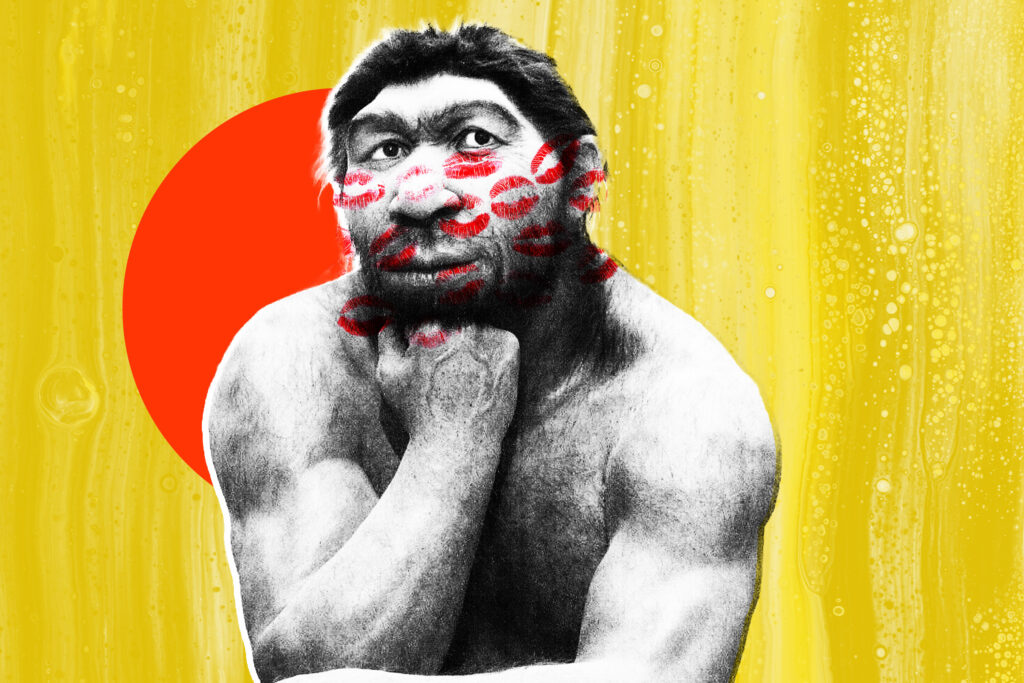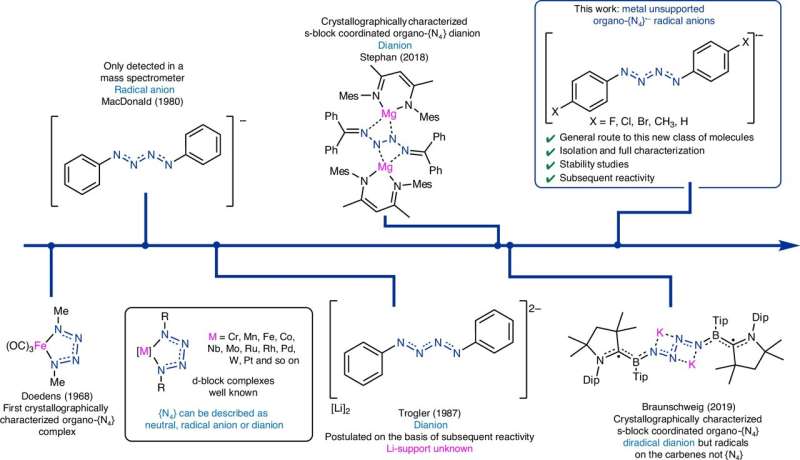
Recent research from Oxford University has provided intriguing evidence that early humans may have engaged in romantic behaviors with Neanderthals, our closest evolutionary relatives. This conclusion, published in the journal Evolution and Human Behavior, builds upon previous findings that confirmed the interbreeding between the species, revealing an unexpected layer of intimacy in their interactions.
In the 1980s, writer Jean M. Auel sparked debate with her novel, “The Clan of the Cave Bear,” which suggested that our ancestors mated with Neanderthals. The controversy surrounding this idea diminished significantly after a 2010 study of the Neanderthal genome identified traces of Neanderthal DNA in modern humans, supporting Auel’s narrative.
The latest research took a unique approach by examining the kissing behavior of modern-day primates, including chimpanzees, orangutans, and bonobos, across regions in Africa, Europe, and Asia. By treating kissing as an evolutionary trait, researchers employed Bayesian statistical modeling to trace the origins of this behavior. Their findings indicate that kissing likely emerged around 20 million years ago among large apes, suggesting that Neanderthals participated in this practice as well.
Matilda Brindle, lead author and evolutionary biologist at Oxford University, discussed the implications of the research, stating, “Probably they were kissing. It certainly puts a more romantic spin on human-Neanderthal relations.” This insight points to the possibility that both species not only shared a genetic connection but also engaged in intimate acts, as indicated by the presence of common oral microbes.
Kissing, described as a vulnerable act, may have allowed our ancestors to assess the physical health of potential mates. This suggests a complex social interaction between humans and Neanderthals, painting a picture of shared experiences that extends beyond mere survival. Brindle emphasized that the existence of kissing in both species indicates a deeper connection, enhancing our understanding of human evolution and social behavior.
The implications of this study challenge previous perceptions of Neanderthals as solely primitive beings. Instead, they emerge as complex creatures capable of emotional and social engagement with early humans. This research not only enriches the narrative of human evolution but also invites a more nuanced view of the interactions between species that once roamed the Earth together.
As researchers continue to explore the past, the idea of romance between early humans and Neanderthals adds an unexpected twist to our understanding of human history. The findings prompt broader questions about the nature of social bonds in our evolutionary past and how they may have shaped the trajectory of human development.







